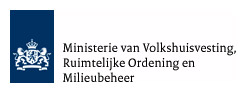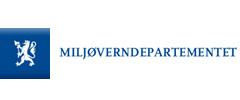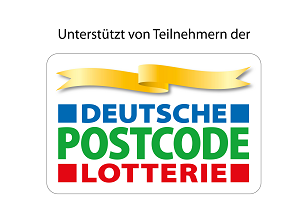Record highs for pesticides in fruit and vegetables in new EU data
Greenpeace calls for immediate measures by German government and states
06.06.2006 |Sascha Gabizon
Hamburg, 1 June 2006.
Unpublished EU Commission data shows contamination by pesticides of food of plant origin consumed in the European Union rose to record levels in 2004. 47 per cent of fruit and vegetable samples were contaminated by pesticides ? three per cent more than in 2003. The Commission's monitoring programme records pesticide residues in over 60,000 food samples taken throughout the EU. Greenpeace is calling on the German government to make a plan for immediate measures to bring down pesticide residues in food. Consumers must be informed about contaminated food without delay through the consumer information law planned, and food controls by the federal states be tightened.
"Almost half the fruit and vegetables on sale in the European Union is contaminated with pesticides,? says Greenpeace's toxics expert, Manfred Krautter. "Many of the pesticides in strawberries, peppers or lettuce have been proven carcinogenic or damaging to nerves, and can impair reproductive ability and hormone and immune systems. But consumers only find out a year and a half after eating the food."
An EU Commission representative presented the pesticide figures for 2004 to delegates last week at the 2006 European Pesticide Residue Workshop on Corfu (Greece). Other findings were that multiple pesticides were found in 23.4 per cent of the samples, an increase of two per cent over the year before. The EU's testing laboratories found a total of 197 different pesticides in food ? as against 185 the year before. Pesticide residues in food have thus reached a record high since the EU began monitoring in 1996.
"The situation has become really serious," says Manfred Krautter. "But while chemical industry and farmers spray more and more agrochemicals on fields and fruit plantations, neither the EU Commission nor ministers for consumer affairs and agriculture take action against the increasing contamination."
The Commission's veterinary office also scrutinises monitoring authorities in 20 of the EU's 25 member countries. It has found controls in Germany and other member states to be severely deficient. Most food labs have been able to detect no more than between 25 and 150 of the 400 pesticides licensed in total in the EU. Errors are frequently made when samples are taken, and, at an average of four weeks, analyses take much too long. And many violations of legal limits for pesticides have gone unpunished.
A reduction programme for the use of chemicals to protect plants agreed by the German government and states committed them back in 2004 to bring down the percentage of food of plant origin in which legal limits were exceeded to under one per cent ? from the eight per cent at present pertaining in Germany. But so far not even a plan of action for achieving this goal has been made. Greenpeace advises consumers to buy organic produce since this is as a rule free from pesticides. The German organisation's consumer guides on food without pesticide and pesticides from supermarkets can be ordered from Greenpeace by calling ++49 40 30618 120. (Guides are in German
only)
Editors please note
Please make enquiries to Manfred Krautter, tel. ++49 171 878 0810, or
Simone Miller, press officer, tel. ++49 171 870 6647. Greenpeace is on the
internet in Germany at www.greenpeace.de and internationally at www.greenpeace.org



































